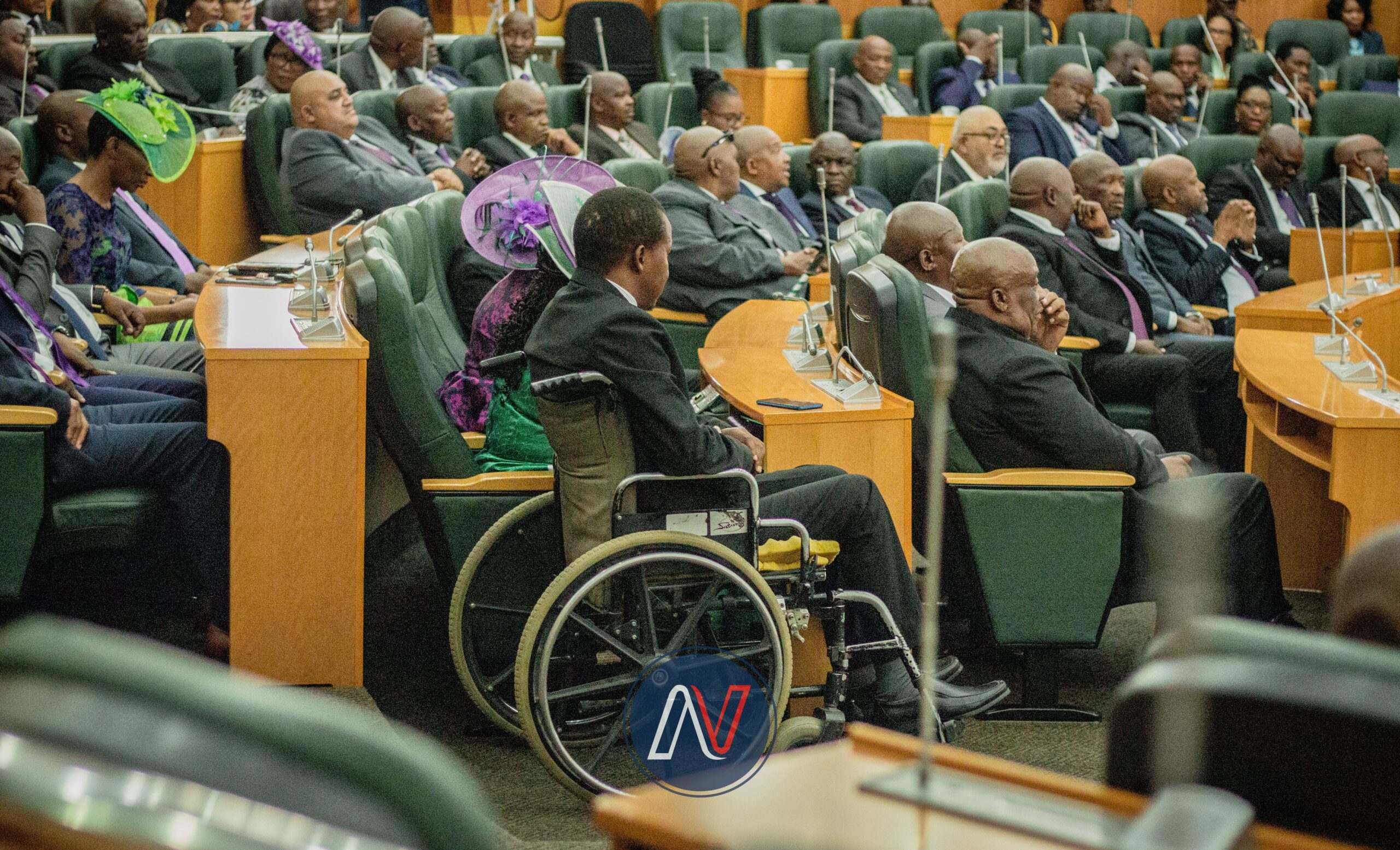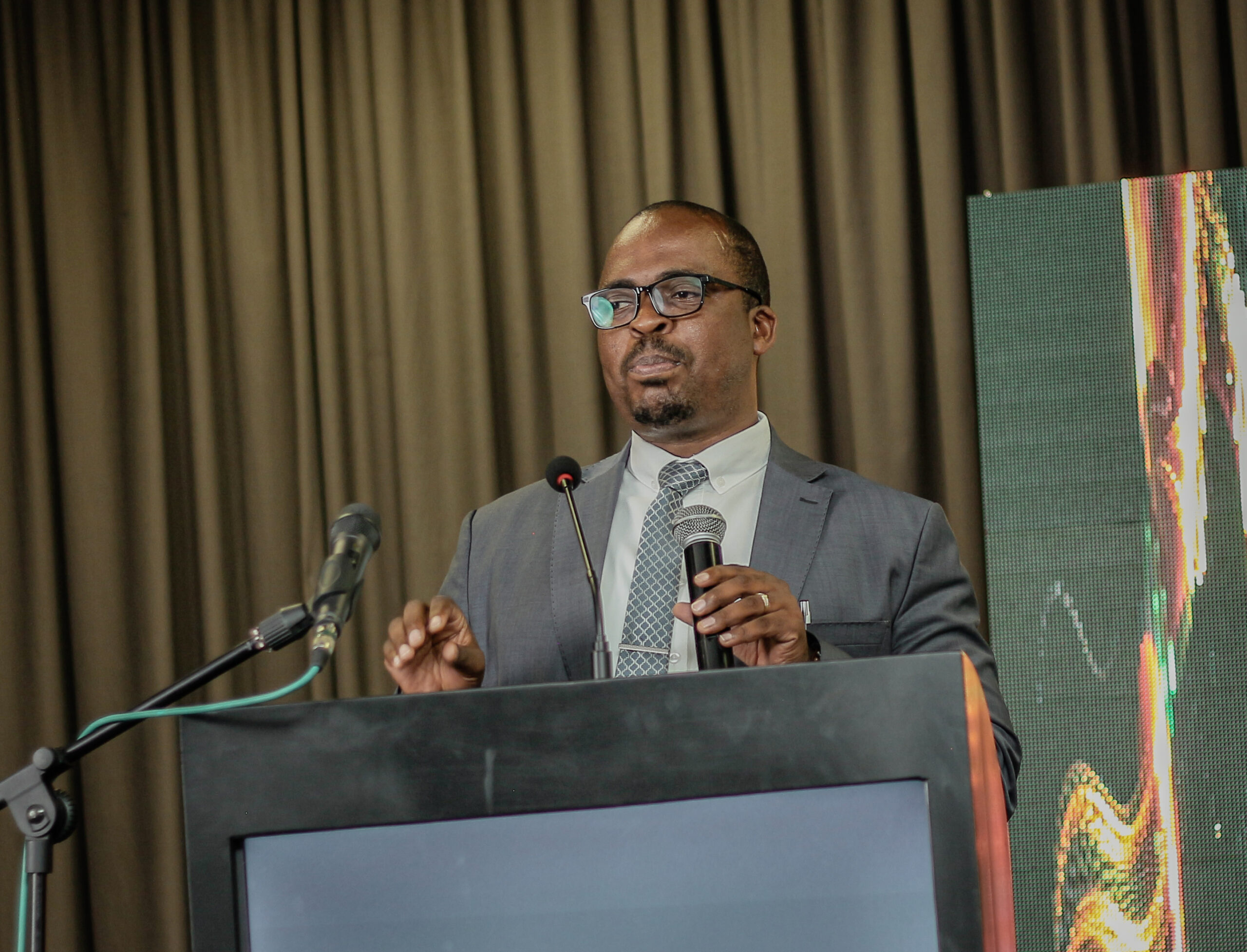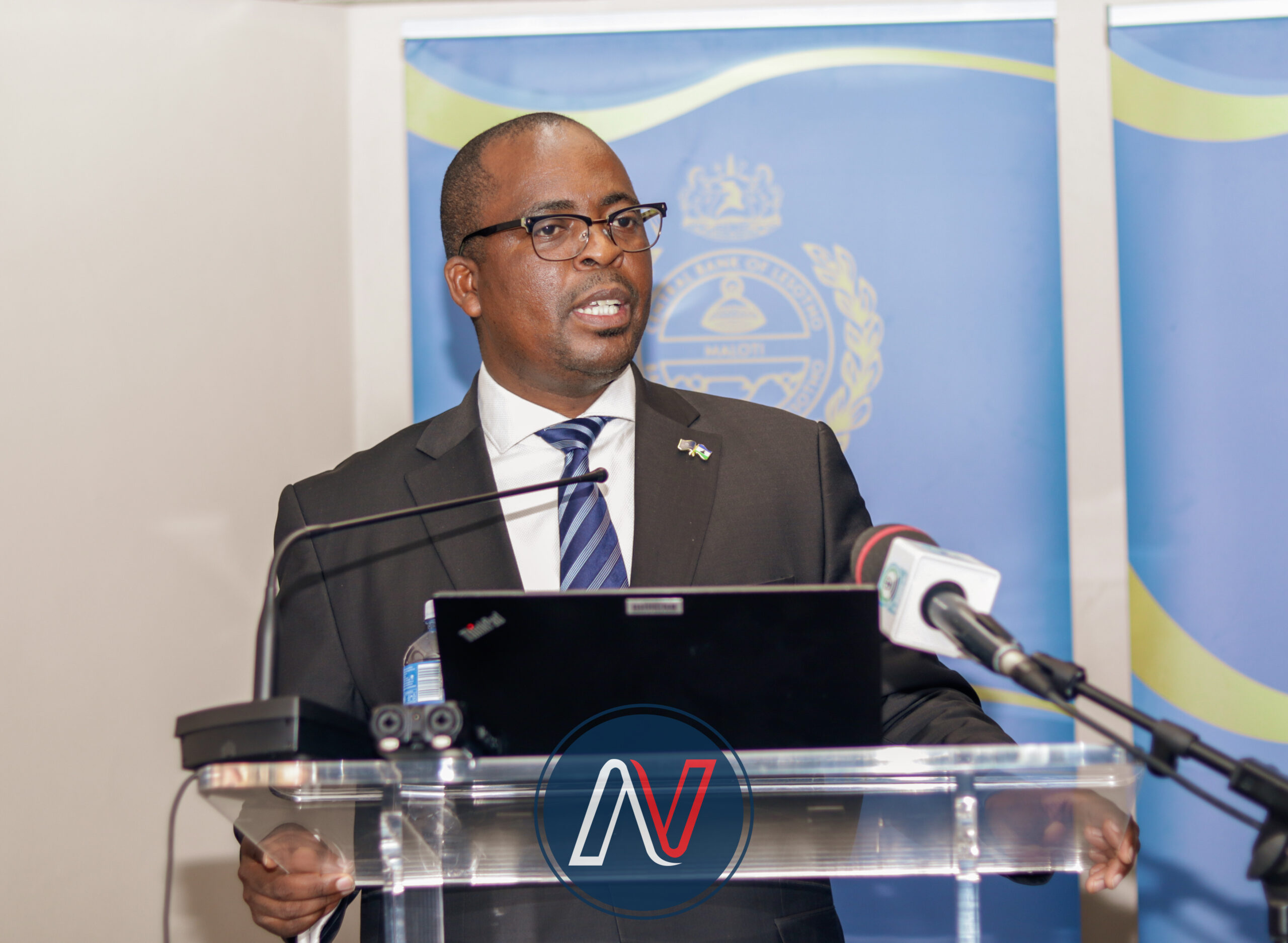Staff Reporter
Lesotho’s public debt has reached 60 percent of the country’s Gross Domestic Product (GDP), the parliament’s portfolio committee on economic and development said recently.
“The Committee is concerned about the inability of the government ministries and departments to collect revenue even though their recurrent budgets are always high,” it said in a report tabled in parliament last week.
It indicated that the 7.7 percent budget deficit was much higher than the recommended three percent of the deficit by the International Monetary Fund (IMF) and the World Bank (WB) “or international standards”.
To finance the deficit, it said the government had to resort to both domestic and external borrowing, which left the country in debt.
Recently, the Central Bank of Lesotho (CBL) borrowed around M900 million in the form of treasury bonds to finance the arrears caused by excessive spending by Ministries and Departments,” it said.
It added: “At the same time, high indebtedness compromises the Country’s standing with international organisations such as the IMF and World Bank. The committee has also noted that Lesotho’s debt has reached 60 percent of its GDP.”
The consolidated report on the annual budget and estimates of revenue and expenditure for the financial year 2023/2024 was prepared and tabled following the presentation of the budget speech by the finance and development minister, Dr RetГ…ВЎelisitsoe Matlanyane, last month.
“The minister of finance and development planning in the budget speech for the financial year 2023/24 indicated that the estimated total government debt is at M22.2 billion which is an increase of M3 billion from the previous financial year,” the committee said in its report.
“Domestic debt stock stands at 19.4 percent of the total public debt stock, while foreign currency denominated debt stands at M77.7 percent of the total debt. In 2022/2023, the Government contracted a new debt of M873.6 million from domestic money and capital markets,” it added.
It indicated that the major drivers of debt were losses from local currency depreciation which contributed around a 12 percent increase to total debt as well as new borrowing from the domestic market with a five percent contribution.
“However, she (Matlanyane) affirmed that the overall debt distress is assessed to be moderate with reasonable space to absorb shocks. The Committee is of the view that the Country’s debt is attributed mainly to the ministries’ inability to meet their revenue targets while enjoying huge expenditure budgets, and at the same time creating high fiscal deficits,” it said.
It further stated that the other issue of note was the accumulation of arrears, where the government Ministries failed to pay suppliers on time.
It said it had noted that the government ministries normally paid their arrears in the next financial year or not at all.
“The Committee applauds the Ministry of Finance and Development Planning for introducing Bills that are aimed at raising revenue and working with development partners such as the World Bank to increase capacity for budgeting, accounting, procurement, and internal audit, including at local level to settle the ground for deeper fiscal decentralization,” it said.

В Your Trusted Source for News and Insights in Lesotho!
At Newsday Media, we are passionate about delivering accurate, timely, and engaging news and multimedia content to our diverse audience. Founded with the vision of revolutionizing the media landscape in Lesotho, we have grown into a leading hybrid media company that blends traditional journalism with innovative digital platforms.












